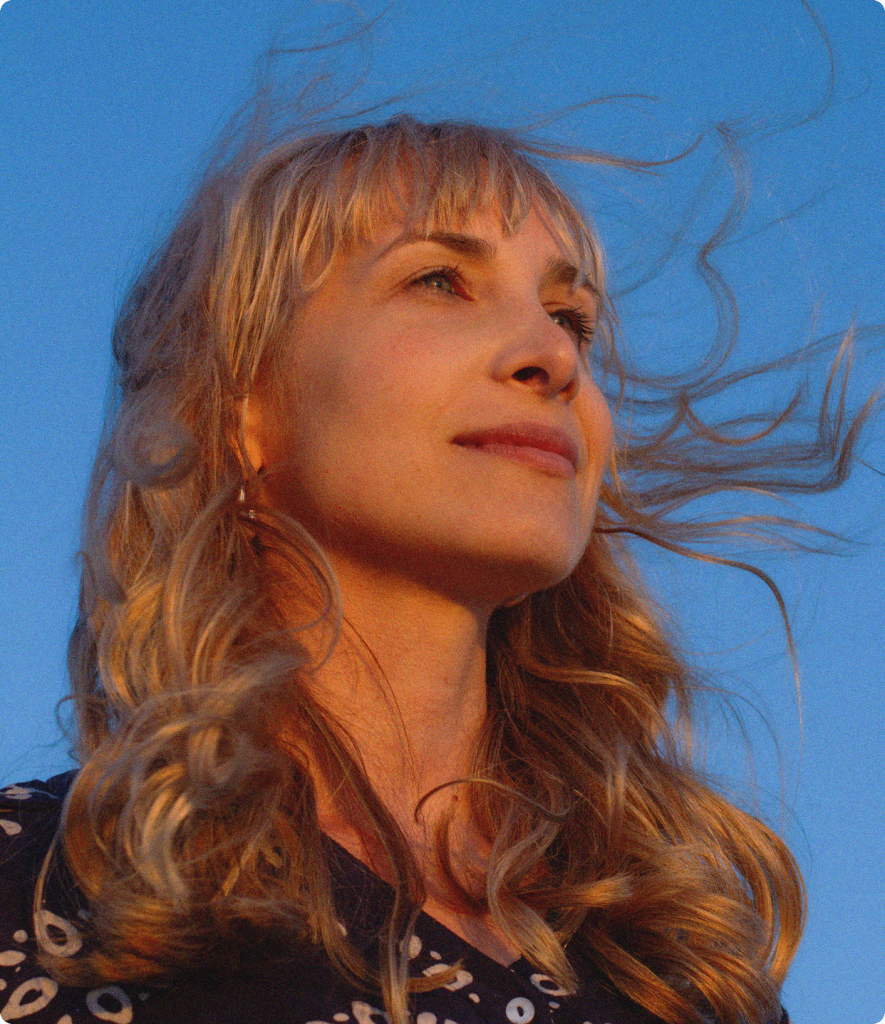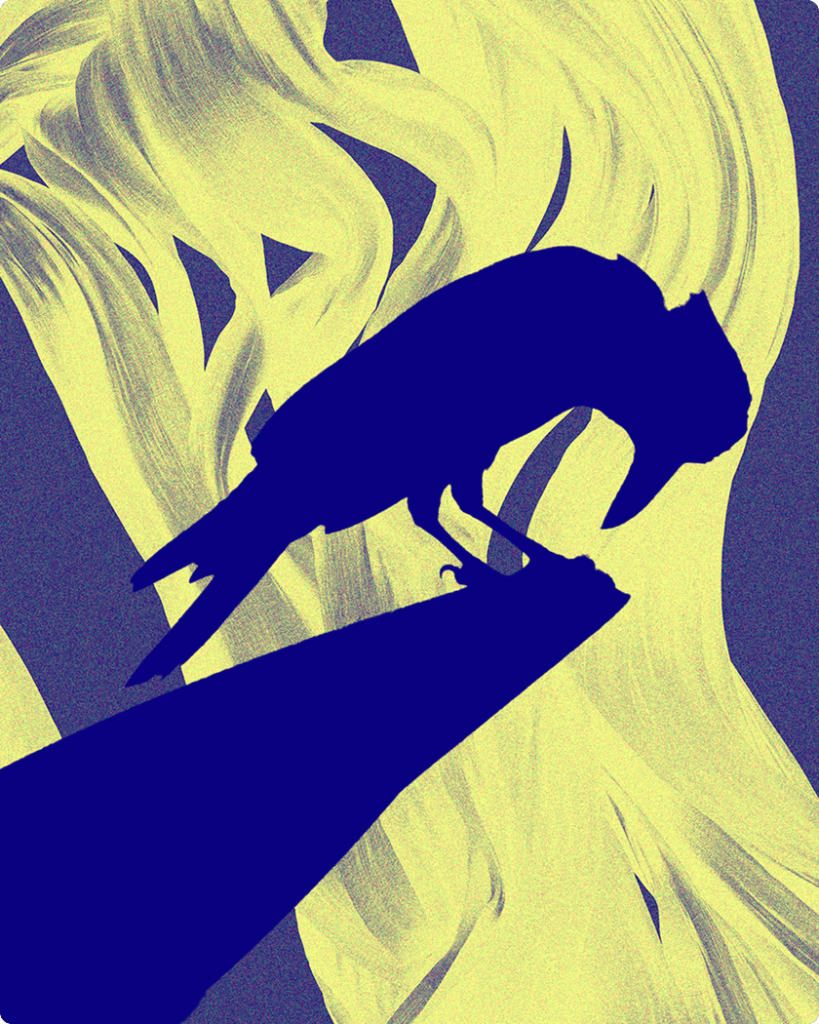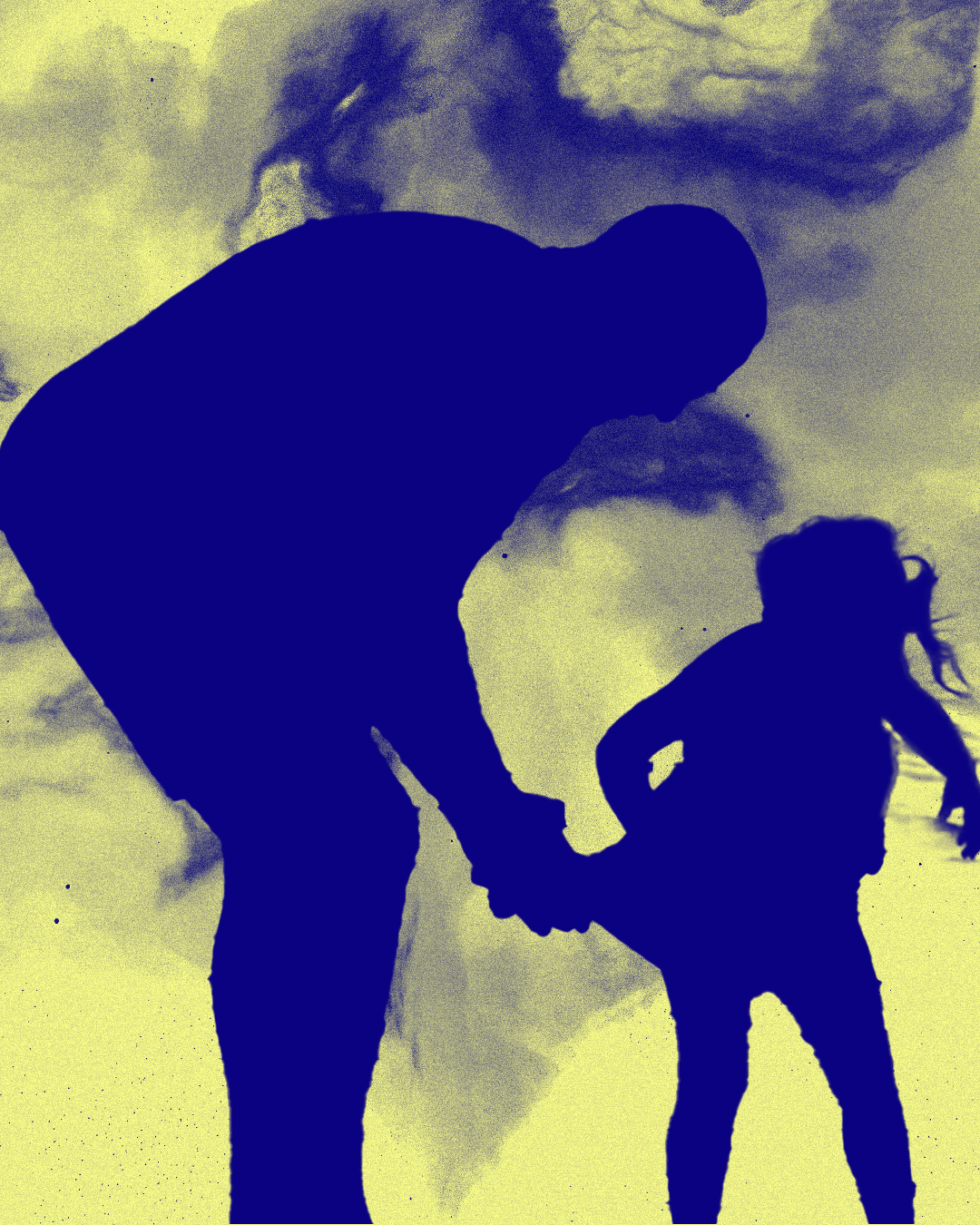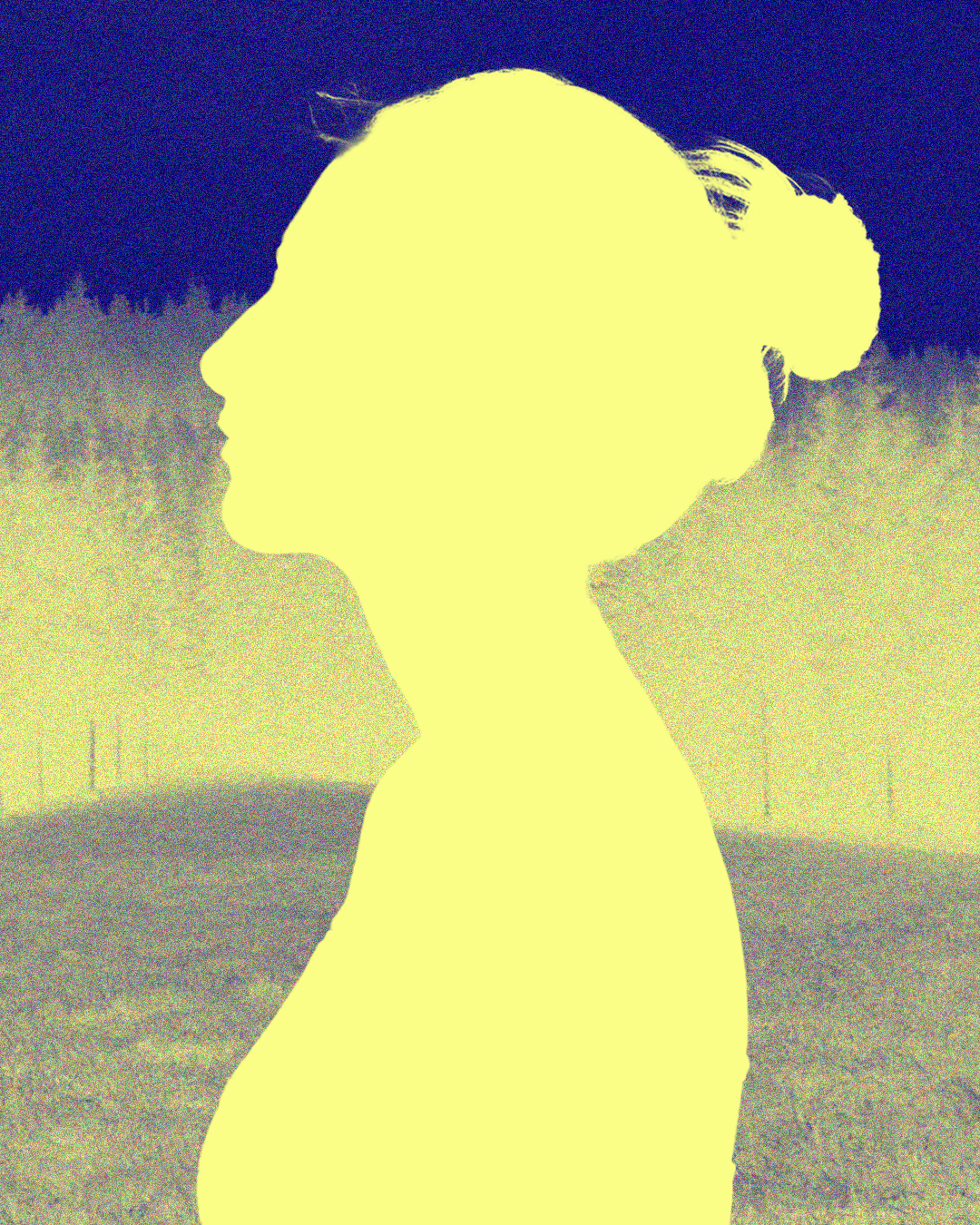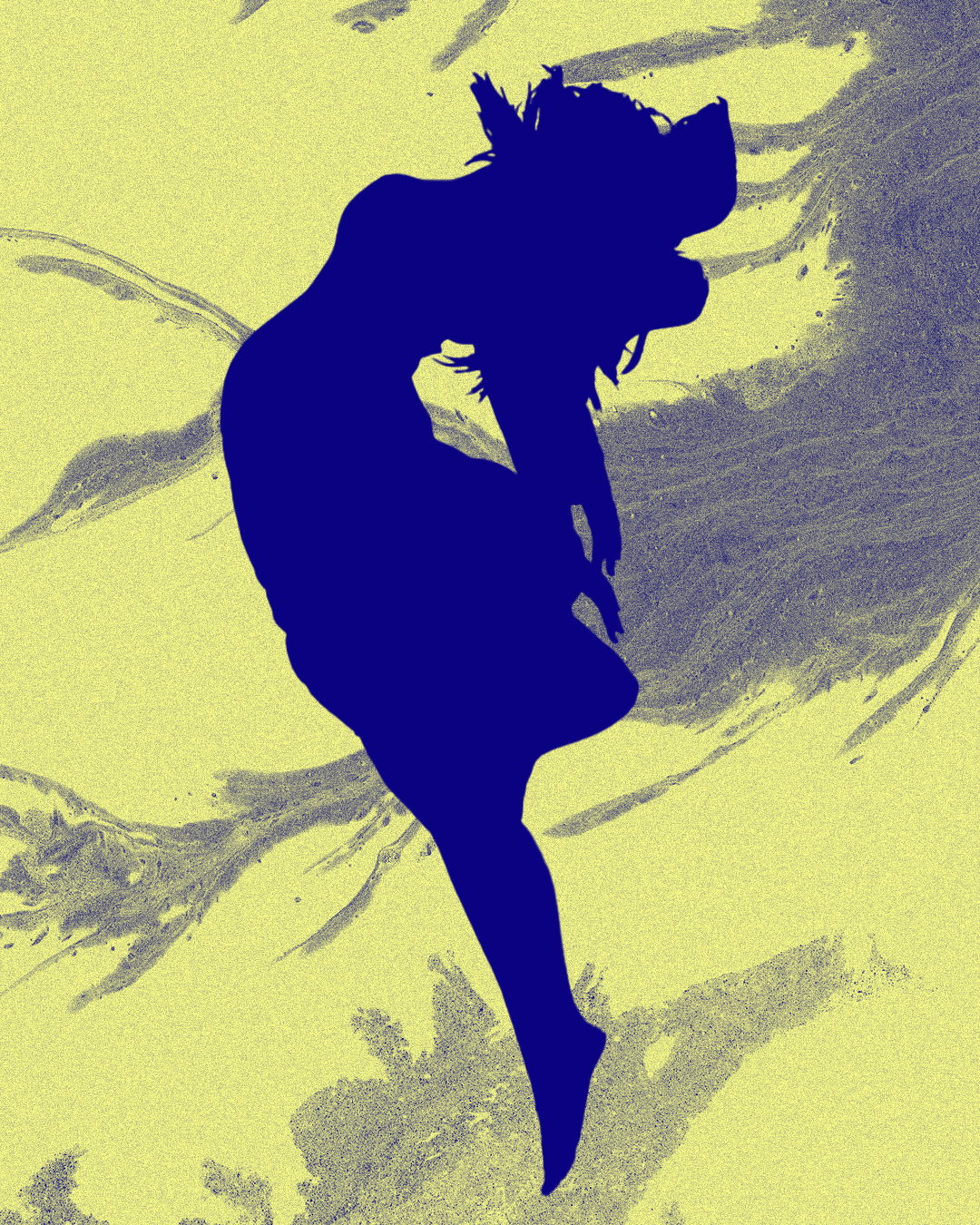When I was 11 years old, I was enrolled in ballet school. The night before my first day — what would become a deeply challenging three-year chapter — my mom sat beside me in my room and asked, “Are you sure you want to do this?”
I remember replying, “I feel like my life is truly beginning.”
As an adult, my mom would often recall that moment with awe, telling me how mature I seemed to her, even at just 11. But ballet school was no fairy tale. The days were long, the training relentless.
I remember our morning conditioning classes clearly. My best friend Anna would often burst into tears during the floor exercises. She missed home so deeply — she cried every day for months. During one particular stretch called “fifer scissors,” I’d always hear her sobs begin, then rise. Her face would flush red and swell with tears, until she was gasping for breath, barely able to keep up.
I still remember the feeling that stirred in me during those moments.
Pride.
Every time Anna cried, I felt proud of myself for not doing the same.
I was the good girl. I wasn’t a burden. I wasn’t making noise or causing trouble. I was surviving quietly.
But then something unexpected would happen.
Anna always received compassion.
Our teacher offered her patience, gentleness, and understanding.
And suddenly, I felt something else: jealousy.
Then resentment, followed by anger, even bitterness.
How dare she express her emotions and actually be met with kindness?
How dare she be brave enough to fall apart in front of others — and have them accommodate her?
I was terrified, too. But it never occurred to me to show it. I had disconnected so completely from my fear that I couldn’t even access it — until a few years ago.
I was at my brother’s house, babysitting my 3-year-old nephew. His parents were working upstairs while I played with him in the living room. At the time, he was fascinated by planes. Every time one flew overhead — which was often, since they lived close to the airport — he would run to the window to point it out, gleefully identifying whether it was a WizzAir or Ryanair plane by the pink or blue coloring underneath.
Then, something shifted. My sister-in-law caught a norovirus and stayed in bed for a couple of days. Her absence was subtle, but my nephew felt it. And I certainly noticed it observing the changes in my nephew.
The next time a plane flew by, he didn’t run to the window. Instead, he ran to me — arms outstretched, crying to be held. I scooped him up, and he clung to me, trembling, seeking protection. I held him close and comforted him.
But inside me, something called out.
A voice.
A reaction.
“Why is he getting comfort? He should just persevere. He’s being weak and dramatic. I was brave at his age.”
Then it hit me like a wave.
Brave?
Is a 3-year-old child supposed to be brave?
Independent? Self-reliant? Emotionally self-sufficient?
Of course not.
Children deserve protection.
They deserve soft arms ready to catch them.
A feathered wing stretched out like an umbrella over their small, tender lives.
They deserve presence, care, and attunement — not silence, not absence.
That night, I sat in a visualization with the little girl inside me — the one who learned to stay quiet, stay strong, take up no space. She was furious. Lonely. Disappointed. Heartbroken. Desperate to be seen.
Why did I believe there wasn’t enough space for all my emotions, my struggles, my complexity on that ballet classroom floor?
Why did I think the only way I’d be accepted was by shrinking myself into a grain-sized shell — quiet, moldable, unproblematic?
That’s what I learned at home.
My mother was chronically ill during my childhood — frequent hospital stays, four major surgeries. Her pain, both physical and emotional, filled the house. Her needs took up so much space, there was none left for mine.
I grew up in a house where emotional presence was scarce.
Where my full expression seemed too loud, too messy, too much.
So I bit my tongue.
I stayed small.
I learned not to need.
I believed I had to minimize myself to be loved.
The adults in my home were consumed by their own inner voids. When someone lives in a constant state of emotional deprivation, their attention becomes fixated on their own survival. My parents couldn’t see me clearly — not because they didn’t want to, but because their own pain took up all the space.
The house was quiet…
But their unhealed wounds screamed so loud.
It was like living with a sound meant to scare pigeons away — sharp, shrill, constant.
Forget being the black sheep — I was the pigeon, acutely tuned to the frequencies of my parents’ pain.
What made it worse was how alone I felt in that sensitivity.
No one else seemed to hear the unbearable noise that was slowly driving me mad.
And as a child, I had no agency to change my environment — certainly not something that big.
Imagine someone drowning.
They can’t attend to another person’s needs until they’re floating — on a lifebuoy, or better yet, safely ashore, breathing freely. The same principle applies to emotional presence. That’s why we’re told on airplanes: Put your own oxygen mask on first, before helping others.
But my caregivers never made it back to shore.
Their oxygen masks were never secured.
And so I was denied the chance to be what every child deserves to be: carefree.
I didn’t get to learn by failing, explore by playing, or feel held while hurting. There was pressure to keep it all together. All the time.
One of the lasting consequences of emotionally absent parenting is a profound sense of emotional bereavement — a grief for what was never given.
It’s important to remember: childhood trauma isn’t only about what happened.
It’s just as much about what didn’t happen.
The absence of emotional presence, warmth, and attuned care can leave wounds as deep — sometimes deeper — than the wounds caused by active harm. These “non-events” often go unnoticed, unacknowledged, and unremembered, but their imprint can quietly shape the emotional architecture of our entire lives.
When children grow up with emotionally unavailable caregivers, they are left to navigate their inner world alone — unseen, unheard, and unsupported. Processing difficult emotions without guidance feels overwhelming. And when parents carry unresolved trauma themselves, they are often unable to provide the nourishment their children need. The result is emotional malnutrition: a chronic hunger for affection, for safety, for warmth, for love.
We can sit alongside our inner children now. We can offer them shelter beneath our strong, soft, feathered wings — and hold them there gently,
until they are ready to soar across the skies, just as they were always destined to.
